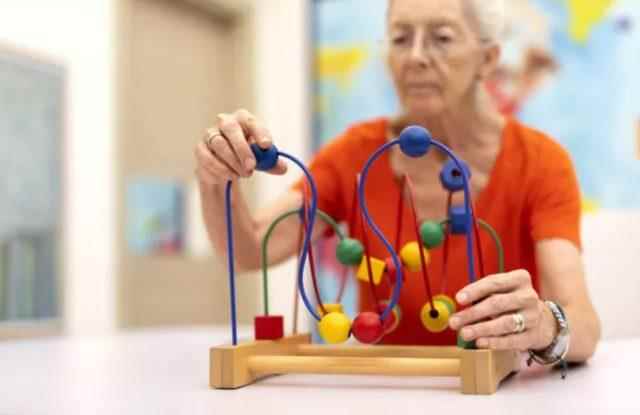Dementia is the general name given to the diseases of forgetfulness. Dementia affects memory, thinking and social skills. Damage to brain cells causes dementia. Dementia, which is generally seen above a certain age, can affect daily life and cause the patient to be unable to recognize even the closest people. Dr Katy Bray states that staying active, starting a new hobby or sport, and maintaining a good social life can reduce the risks of dementia. Dr. “Leading a healthier lifestyle can reduce the likelihood of dementia by up to 40 percent,” Bray says. she says
IT IS IMPORTANT TO TAKE CARE OF YOURSELF
Research has found that most cases of dementia begin in the brain ten to 15 years before any symptoms appear, so it’s important to take care of yourself from a young age. You may not be able to prevent dementia, but you can reduce the risks.
DEMENTATION RISK FACTORS
Age is the biggest risk factor for dementia. Dr Bray says: “About two out of 100 people aged 65 to 69 have dementia, and that number rises to one in five aged 85-89. Women account for 65 percent of cases. It is not known exactly why women are more affected, but women live longer.”
METHODS TO REDUCE THE RISK OF DEMENTATION

Dr Bray said: “Reduce alcohol, don’t smoke, eat healthy, maintain a healthy weight, keep your blood pressure low, get a good night’s sleep and exercise. Take care of your heart and body. Then keep your brain sharp and social. Take a walk with your friends, learn a new hobby or solve puzzles with other people.”
Get a hearing aid: People with mild hearing loss are twice as likely to develop dementia, and those with moderate hearing loss are three times more likely to develop it. “Wearing hearing aids as soon as they have problems can reduce the risk,” said Dr Bray.
Treat depression: People who are depressed late have a 70 percent higher risk of dementia, and those who have been depressed since middle age have an 80 percent higher risk.
Don’t be alone: Loneliness is associated with an increased risk of about 50 percent.
DEMENTATION SYMPTOMS

Memory: Regularly forgetting recent events, names, and faces.
Again: To become increasingly repetitive.
Misplacement of items: Regularly misplacing or putting things in awkward places.
Confusion: Not sure of the date or time of day.
Disorientation: Not sure where you are or getting lost, especially in unfamiliar places.
Tongue: Problems finding the right words.
mood and behavior: Low mood, becoming anxious or irritable.
